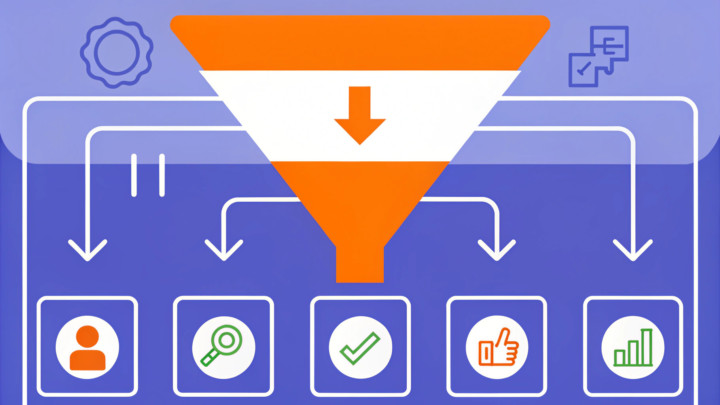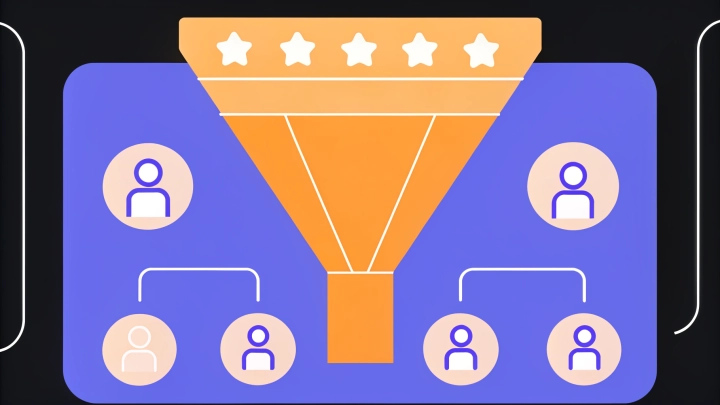How to use AI for sales prospecting: A beginner’s guide
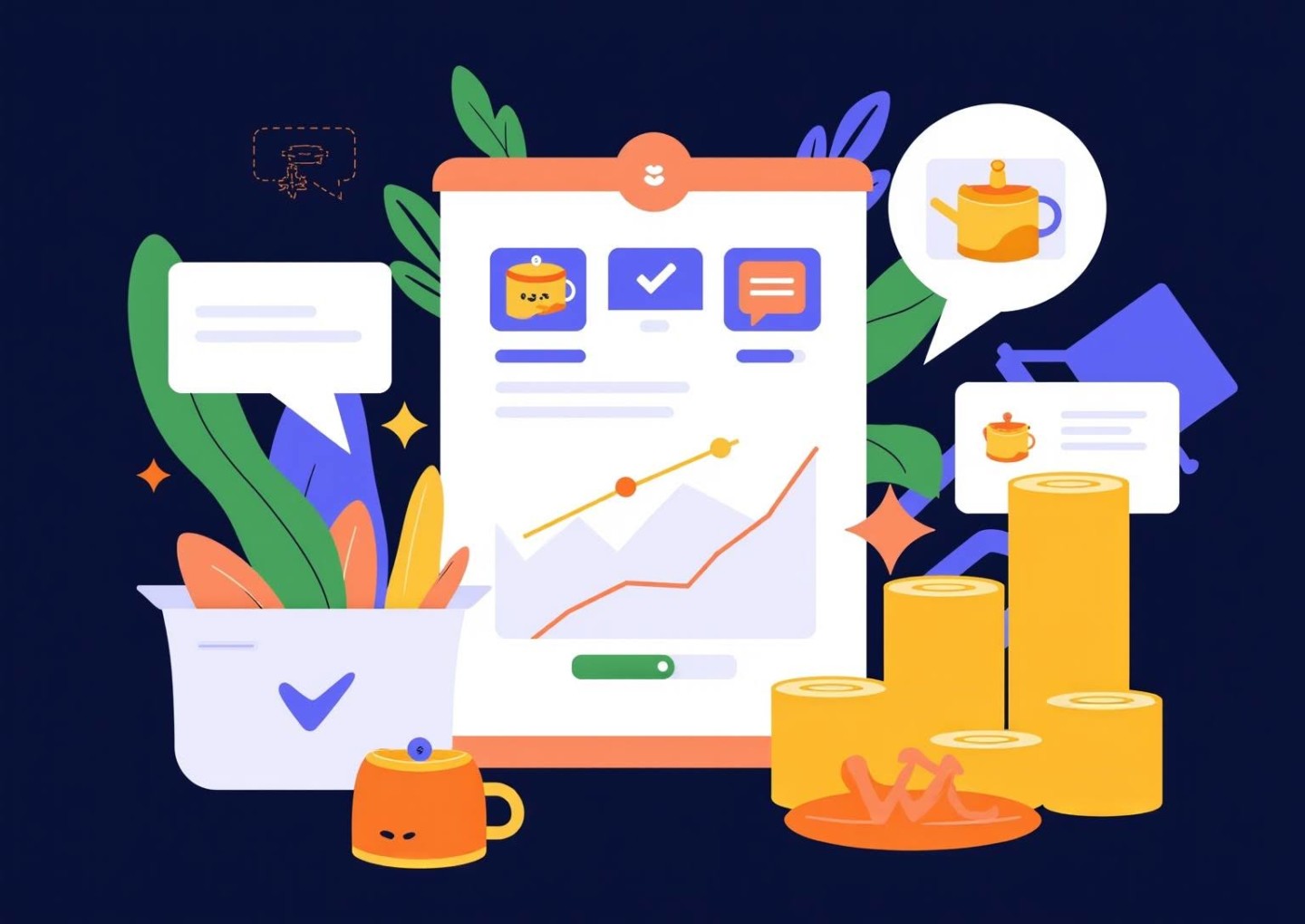
In today’s fast-paced digital world, Artificial Intelligence (AI) is revolutionizing sales prospecting. By automating routine tasks and delivering in-depth insights, AI empowers sales teams to focus on high-value activities, increasing efficiency and boosting conversion rates.
Integrating AI tools not only enhances customer engagement but also enables precise lead scoring, personalized content delivery, and accurate forecasting. These advancements are crucial in predicting and preventing churn by analyzing client behavior patterns, leading to substantial cost savings and improved financial stability.
For example, platforms like Dashly are reshaping how businesses manage their sales pipelines by automating up to 90% of the appointment booking process with high-quality leads. Dashly categorizes leads into high and low quality, ensuring salespeople focus on prospects with the greatest potential. This efficiency not only reduces manual tasks but also dramatically increases meeting attendance rates and conversion potential.
Sales teams leveraging AI tools can quickly process large datasets, gaining insights that would take human analysts months to uncover. AI-driven account planning shortens sales cycles and boosts revenue growth by automating lead identification and prioritization.
Moreover, AI minimizes human error in data analysis, allowing sales professionals to dedicate more time to closing deals.
Early adopters are already seeing the competitive advantages of AI, using these technologies to optimize operations and drive growth.
Benefits of using AI for sales prospecting
AI technology is revolutionizing the sales prospecting process by automating routine tasks and enabling sales teams to concentrate on high-value activities. Leveraging AI leads to greater accuracy in lead identification, which significantly boosts conversion rates. For instance, AI can forecast and reduce churn by identifying at-risk clients, providing insights into their behavior patterns and engagement levels. Consequently, personalized customer segmentation and tailored content become possible, further enhancing conversion rates.
The efficiency AI brings translates into substantial cost savings. AI-powered tools can analyze large volumes of data swiftly, producing insights that would take human analysts months to uncover. Enterprise commercial teams spend approximately 20-30% of their time researching accounts, a task made more challenging when dealing with outdated or inadequate data — an issue in up to 40% of efforts. AI-driven account planning speeds up this process, shortening the cycle and enhancing revenue growth.
Moreover, AI aids in reducing cost overruns associated with human error in analysis, thereby bolstering financial stability and positively impacting the bottom line. Sales teams report that AI has automated manual tasks, saving them an average of 2 hours and 15 minutes, which allows more time for closing deals. One standout example is a top salesperson at Warmly, who transformed from a political cold caller to a one-man army supporting meeting generation for four salespeople, thanks to AI tools like ChatGPT.
In the rapidly evolving landscape of AI technology, early adopters gain a competitive edge by integrating AI into their revenue processes. Companies should start with areas that promise high returns and low stakes, providing standard use cases and training their teams on effective tool usage.
As AI continues to advance, its role in commerce will expand, offering even more opportunities for businesses to optimize their operations and drive growth.
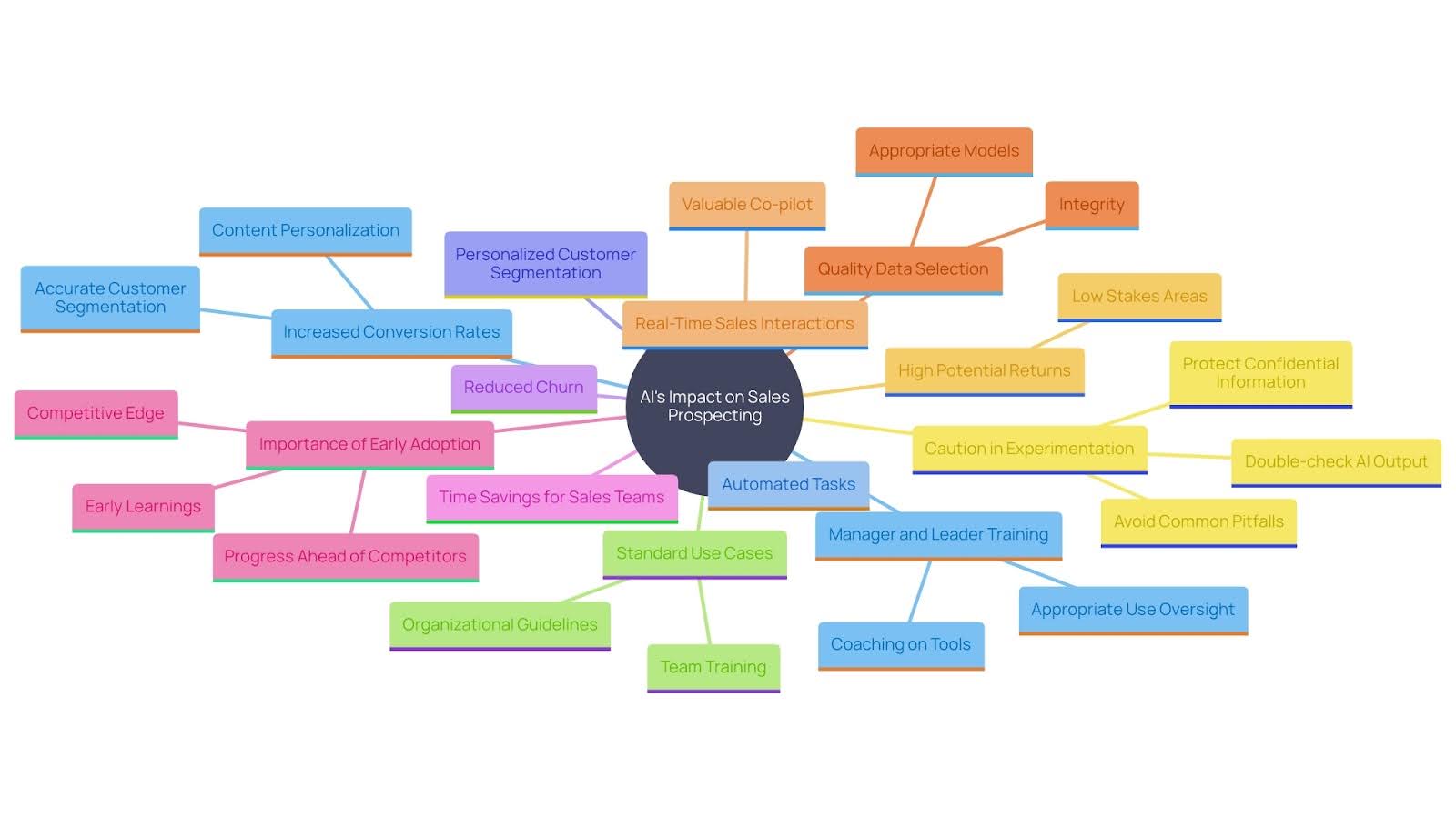
Key AI tools for sales prospecting
Several AI tools are redefining sales prospecting, including platforms like Salesforce Einstein, HubSpot, and Zoho CRM, which analyze customer data to predict actions and tailor engagement strategies. Dashly complements these tools by providing an integrated approach that automates meeting scheduling through qualification quizzes and leads scoring. This ensures that high-quality leads are immediately prioritized while low-quality leads are efficiently directed to self-serve funnels, saving sales teams time and effort.
LinkedIn Sales Navigator leverages AI for targeted outreach, connecting professionals with the right prospects. Similarly, Dashly uses advanced automation to streamline lead organization, resulting in a 75% rate of qualified leads scheduling a meeting and a 93% attendance rate for these meetings. This highlights how AI-powered solutions can make sales teams more effective.
The benefits of AI in lead prospecting are becoming more evident as organizations report significant increases in pipeline generation and revenue growth. Based on a Marketbridge survey, 52% of C-suite executives and marketing leaders at B2B technology firms state AI helps in utilizing marketing and sales resources more economically, seizing market opportunities, and positioning solutions in a more customized and pertinent manner.
Additionally, AI-powered forecasting is gaining popularity, with 29% of marketers considering it crucial for marketing attribution platforms. Ai’s capability to forecast consumer behavior and examine extensive datasets improves the accuracy of marketing initiatives and resource distribution. Businesses that are early adopters of AI in commercial activities are already experiencing advantages, positioning themselves ahead of rivals by utilizing these tools to foresee customer demand and enhance operational capabilities such as inventory management and supply chain.
The incorporation of AI into commercial processes not only saves time but also enhances the quality of interactions with potential buyers. AI-driven tools can observe social media platforms, industry forums, and news articles to detect emerging trends and challenges, enabling marketing teams to adjust their strategy accordingly. ‘With AI managing information analysis and repetitive tasks, sales professionals can concentrate on establishing significant connections with prospects, ultimately enhancing sales efficiency and effectiveness.
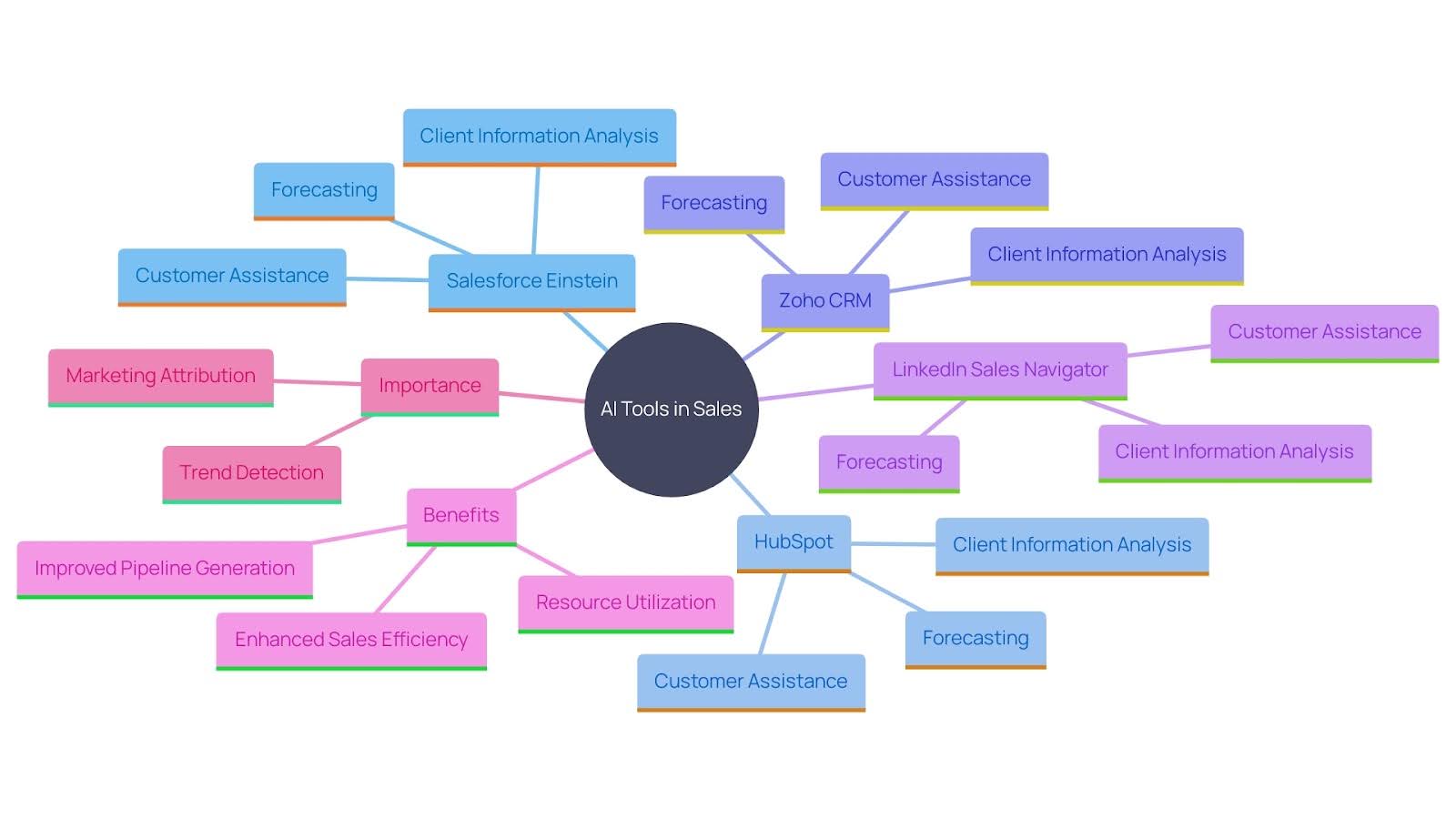
Leveraging AI for lead scoring and prioritization
AI is transforming prospect scoring by leveraging vast datasets to pinpoint the most promising opportunities. Employing machine learning algorithms, businesses can prioritize these opportunities based on engagement history, demographic data, and purchasing behaviors. This focused strategy not only enhances the productivity of marketing groups but also guarantees that resources are concentrated on prospects with the greatest conversion potential.
According to a Marketbridge survey, 52% of C-suite executives and marketing leaders in B2B technology firms indicate that AI significantly assists in deploying marketing and revenue resources more cost-effectively, capturing market opportunities, and positioning solutions in a personalized manner.
The effect of AI on revenue generation is clear, with 35% of sales experts observing that AI automation of manual tasks saves them an average of 2 hours and 15 minutes, allowing them to concentrate on finalizing agreements and interacting with potential clients.
Nico Ferreyra, CEO and co-founder of Default, emphasizes the importance of intelligently managing leads, stating that fully integrating lead generation and conversion allows digital businesses to manage their entire customer lifecycle more efficiently.
Pioneers in utilizing AI for commerce are already witnessing significant business results, with AI-assisted decision-making improving the quality and efficiency of their choices. A study from Harvard Business School revealed that specialists using AI completed 12.2% more tasks, 25.1% faster, and produced 40% higher quality results compared to those without AI.
This illustrates AI’s potential to transform performance by challenging conventional business success factors and revealing new insights through sophisticated data processing abilities.
Dashly excels in this area by forecasting client outcomes with 98.3% accuracy and efficiently categorizing leads, ensuring sales teams engage only with prospects likely to convert. This data-driven approach maximizes resource allocation and increases productivity.
Incorporating AI tools also offers practical applications, such as forecasting and reducing churn by identifying at-risk clients through behavioral and engagement insights. As AI continues to evolve, business leaders must strategically implement these tools, ensuring they are used effectively and securely to stay ahead in the competitive landscape.
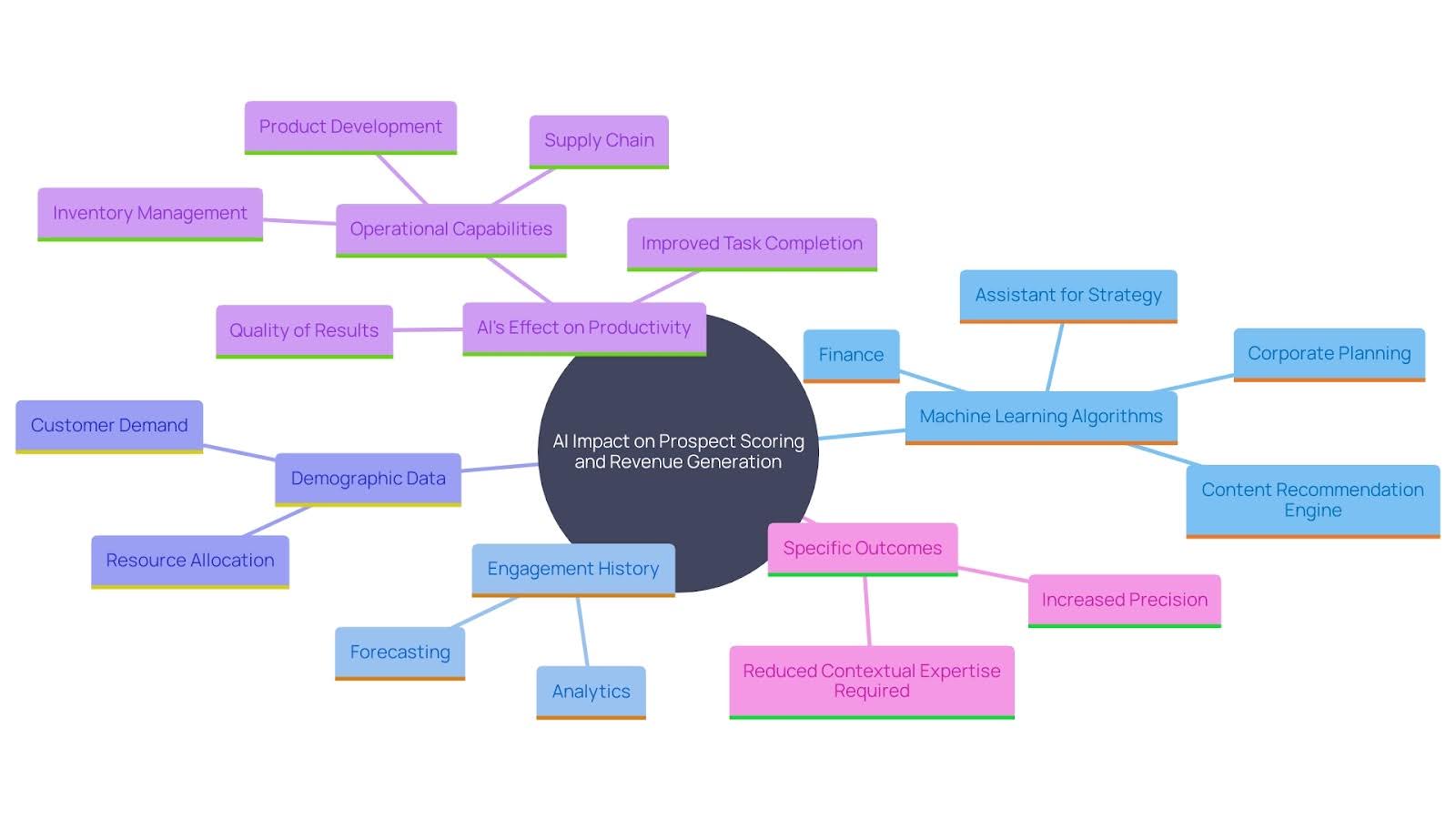
Utilizing chatbots for initial engagement
AI-driven chatbots are transforming the initial interaction stage with potential customers by delivering immediate, precise replies and assessing prospects before they reach the sales team. These chatbots, integrated into websites or social media platforms, significantly enhance user experience while collecting valuable data for lead qualification.
For example, chatbots can make personalized product suggestions based on an individual’s past purchases and behaviors, leading to higher satisfaction levels and increased revenue. Dashly’s chatbot technology integrates seamlessly into websites, automating the qualification process and instantly transferring data to CRM systems. This ensures leads are handled efficiently, reducing the risk of missing high-value prospects.
Furthermore, chatbots excel in automating repetitive tasks such as scheduling demos and sharing product details, allowing human agents to focus on closing deals and building stronger relationships with clients. This automation not only boosts efficiency but also delivers a personalized experience, thereby driving revenue growth. Notably, a survey revealed that chatbots are now considered essential in service strategies and can automate up to 70% of client requests, significantly reducing response times.
The implementation of AI chatbots has already proven its value in various industries. For example, a worldwide electronics producer, in collaboration with Infobip, implemented a generative AI chatbot to improve client assistance and boost revenue. This strategic action, aimed at enhancing the direct-to-consumer communication channel, was especially effective during the peak shopping period, such as Black Friday.
In summary, AI chatbots are essential instruments in contemporary marketing strategies, ensuring that representatives interact with high-value prospects and enabling businesses to function more efficiently while providing exceptional customer experiences.
Best practices for effective AI-driven sales prospecting
To fully harness AI in sales prospecting, businesses must prioritize information quality and integration. Ensuring the accuracy and timeliness of information is critical for optimal AI performance. According to a recent survey, 44% of respondents identified ambiguous data ownership as a top concern, emphasizing the need for clarity and meticulous data management. Additionally, companies should continuously update their AI tools to remain agile in a dynamic market. AI can significantly reduce manual tasks, with 35 percent of professionals in the selling industry reporting that it saves them an average of 2 hours and 15 minutes, allowing more time for closing deals.
Training teams to use AI insights effectively is also crucial. AI tools like Draup’s Opportunity Index help in micro-targeting prospects, enhancing growth potential. Dashly’s approach of segmenting leads and automating follow-ups has set a new standard for lead-to-meeting conversion rates, enabling teams to focus on strategic client interactions. By automating manual tasks, AI saves valuable time, allowing sales professionals to concentrate on high-impact activities.
As AI becomes a staple in modern sales strategies, companies that adopt these technologies early will be well-positioned to capitalize on market opportunities. By prioritizing data quality and continuous improvement, businesses can harness AI’s full potential, driving revenue and enhancing customer engagement.
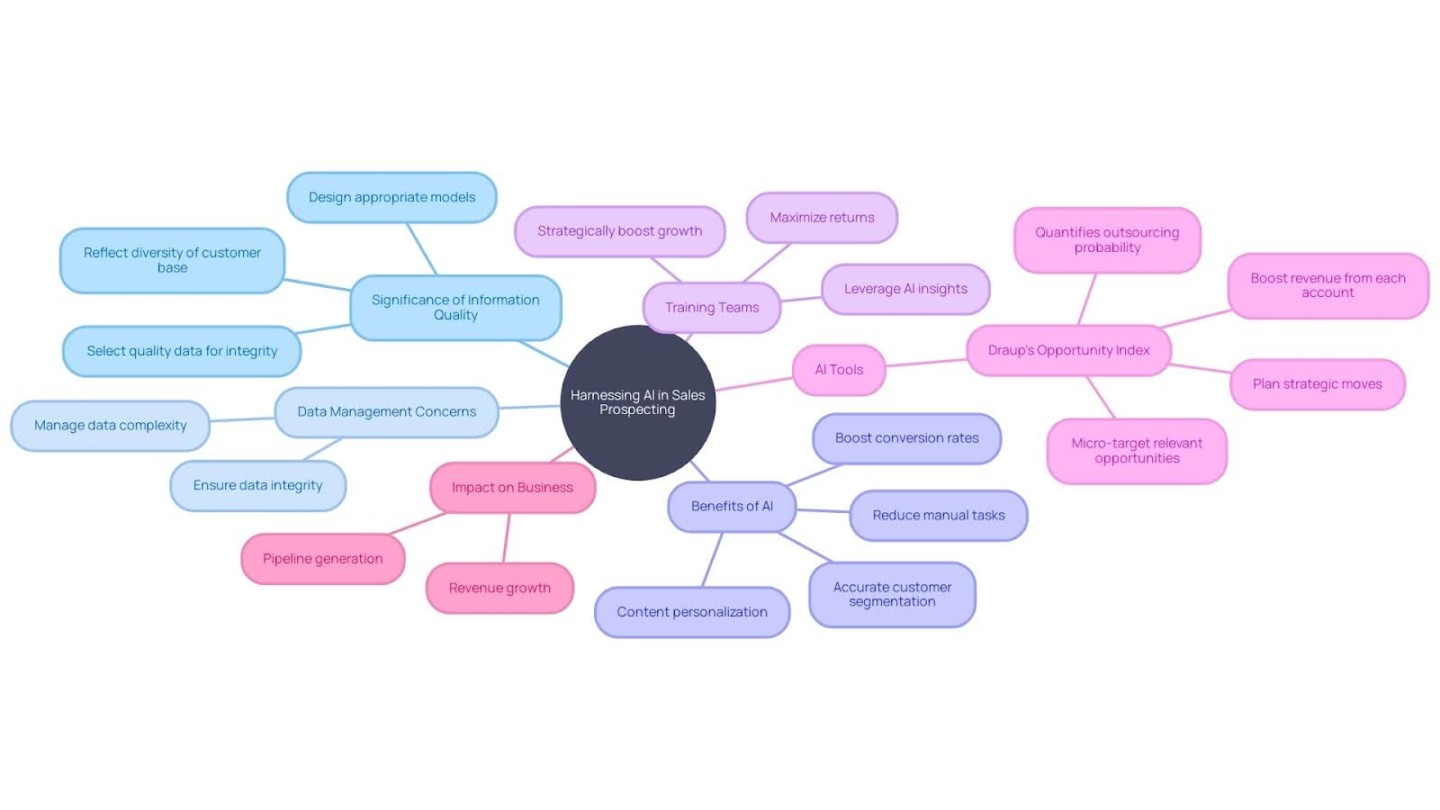
Conclusion
The integration of AI into sales prospecting is revolutionizing how businesses operate, enhancing both efficiency and effectiveness. By automating routine tasks, AI enables sales teams to concentrate on high-value activities, boosting conversion rates and accelerating revenue growth. Dashly exemplifies these benefits by automating 90% of appointment bookings and delivering superior engagement metrics. With open rates of up to 60% and near-perfect forecasting accuracy, Dashly is setting a new standard for AI-driven sales efficiency.
AI tools are essential for identifying at-risk clients, optimizing resource allocation, and reducing sales cycles. As these technologies continue to advance, their impact on sales processes will only deepen, offering even more opportunities for businesses to excel in competitive markets. By investing in AI and focusing on data quality, companies can stay ahead of the curve, achieving better outcomes and sustained growth.
Ready to transform your sales strategy?
Discover how Dashly’s AI-driven tools can elevate your business performance today.
Read also: Ultimate guide to an AI sales funnel: the best tips, tools and common mistakes to avoid




